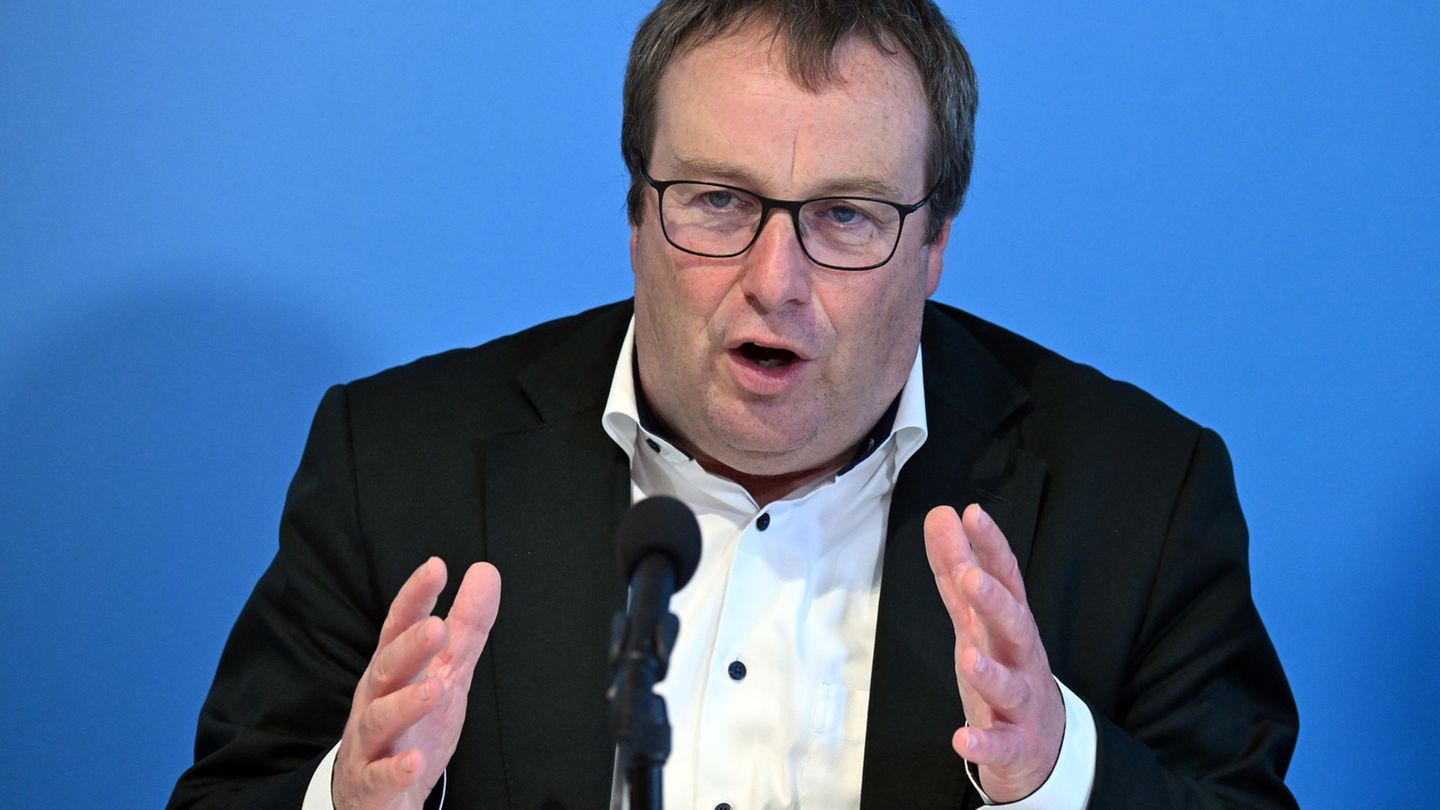David William is a talented author who has made a name for himself in the world of writing. He is a professional author who writes on a wide range of topics, from general interest to opinion news. David is currently working as a writer at 24 hours worlds where he brings his unique perspective and in-depth research to his articles, making them both informative and engaging.
Menu
Finances: Lindner’s tax plans under criticism
Categories
Most Read
Julian Reichelt: Investigations on suspicion of incitement to hatred
October 27, 2025
No Comments
“Cityscape” debate: SPD parliamentary group deputy Esdar about participating in the demo: “It was right”
October 27, 2025
No Comments
Killed ZDF employee in Gaza was a member of Hamas
October 27, 2025
No Comments
Work completed: A monument in the park: Design of Helmut Kohl grave completed
October 27, 2025
No Comments
Sami Hamdi: ICE officers arrest British journalists in the US
October 27, 2025
No Comments
Latest Posts

Soybeans rose strongly and touched US$400 due to the trade rapprochement between the US and China
October 27, 2025
No Comments
October 27, 2025 – 20:46 The US Secretary of the Treasury, Scott Bessent, declared that the Asian giant will resume “large” imports of the oilseed

A 6.1 magnitude earthquake shook western Turkey
October 27, 2025
No Comments
October 27, 2025 – 20:27 The earthquake had its epicenter in Sindirigi, in the province of Balikesir. An earthquake of magnitude 6.1 shook western Turkey

Infrastructure: NRW Transport Minister: The number of potholes will increase
October 27, 2025
No Comments
AngelicaI am an author and journalist who has written for 24 Hours World. I specialize in covering the economy and write about topics such as
24 Hours Worlds is a comprehensive source of instant world current affairs, offering up-to-the-minute coverage of breaking news and events from around the globe. With a team of experienced journalists and experts on hand 24/7.

